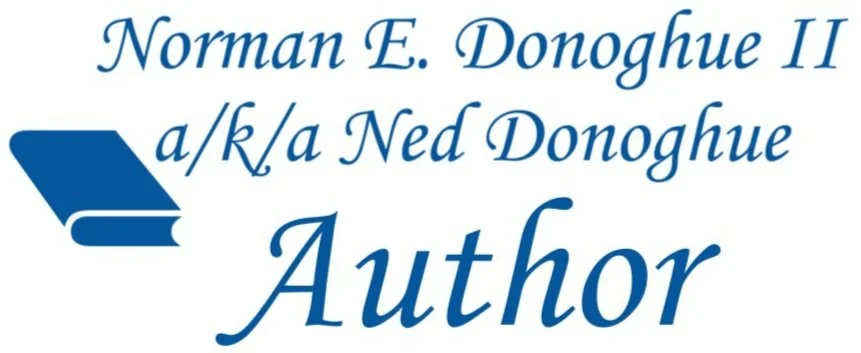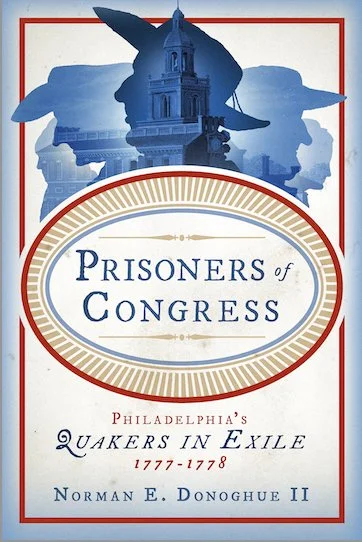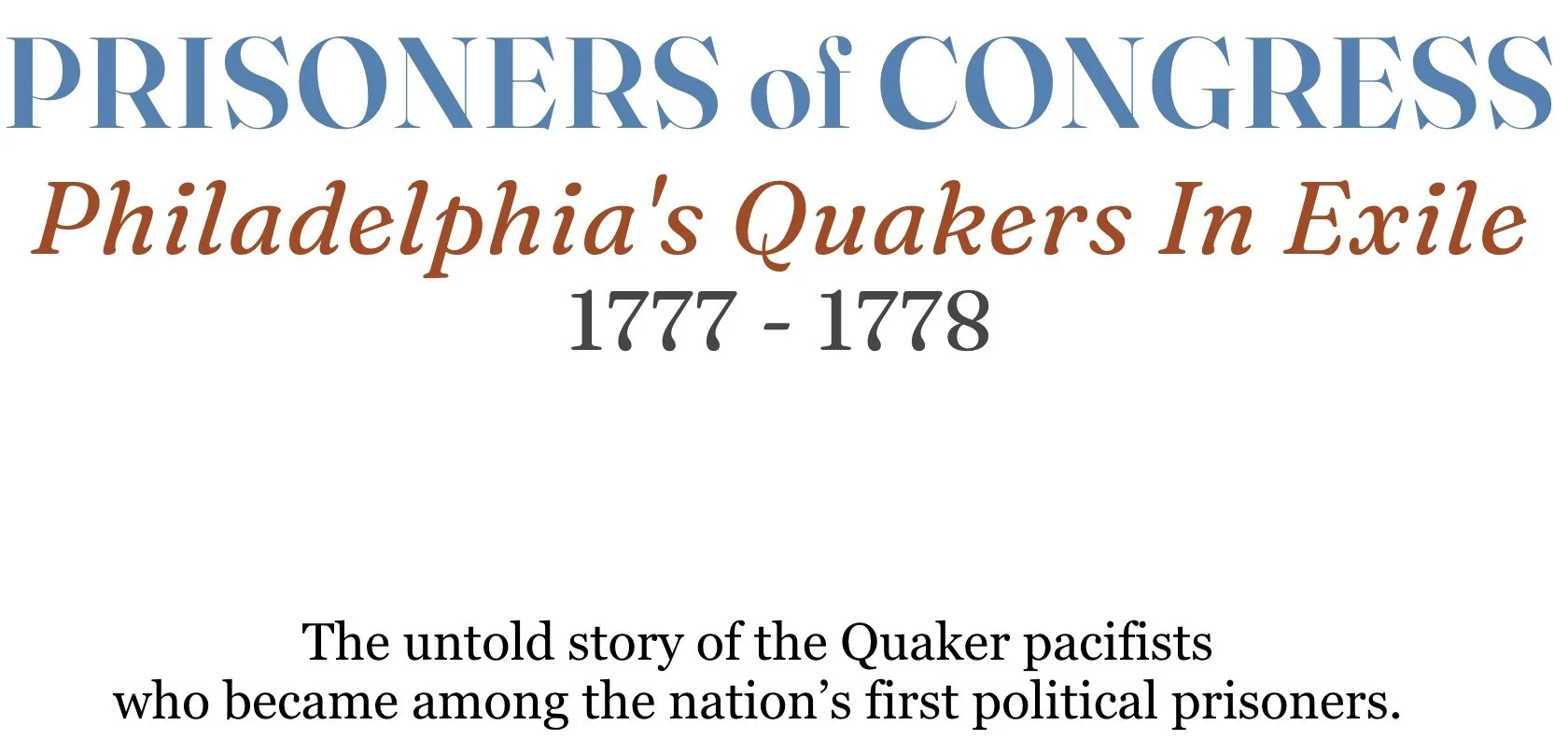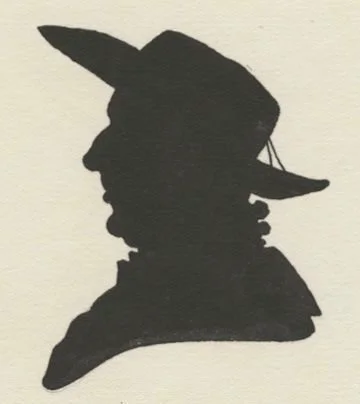ABOUT
For over 245 years, historians have ignored the incidents that pitted the Patriots against the leaders of the Philadelphia Yearly Meeting of the Religious Society of Friends (Quakers). Some publicly accused the Quaker leaders of being traitors to their country; they maintained they were merely following the principal tenets of their religious faith. The Patriots had no legal grounds to arrest them, but they did anyway.
The new republic which had declared its independence and the newly created state of Pennsylvania were in their infancy and British General Sir William Howe with over 15,000 troops stood menacingly 40 miles away from capturing the capital city of Philadelphia. Quakers would not sign an oath of allegiance to the new government, nor would they comply with requisitions to protect the city. The British Army represented an existential threat. Would notions of individual liberty or, by contrast, national security prevail as the Continental Congress hotly debated for 9 hours the fate of the 20 men, 19 of them Quakers or ex-Quakers, arrested by Pennsylvania militia on Congress’s recommendation? After Pennsylvania and Congress denied these men a hearing, in an additional authoritarian move, the state further stripped them of the right of habeas corpus, preventing them from appealing to the courts. This was a civil war within an anti-colonial war. And the Quakers were at the epicenter of the American Revolution for ten days in 1777.
Would Continental Congress delegate John Adams, who had defended the British officers accused in the Boston Massacre, recommend the Quaker leaders be sent into exile without even a hearing in their defense? And would the Quaker women, whose men were held on the Virginia frontier for over 7 months, later convince commander-in-chief of the Continental Army General George Washington to aid in the men’s release? This book is the first full book devoted to this important episode.
PURCHASE THE BOOK
PURCHASE BOOK . Penn State University Press . Click Here
Use code “NR23” for 30% discount at Penn State University Press site.
Or order from Amazon.com or other bookseller sites.
(Code for discount, however, only good at
the Penn State site).
PURCHASE BOOK . Amazon . Click Here
REVIEWS
"Norman Donoghue's Prisoners of Congress brings to life one of the most important and compelling events of the American Revolution in Philadelphia. It is an untold story of national significance."
—Patrick Spero PhD., Librarian and Director of the American Philosophical Society and author, Frontier Rebels:The Fight for Independence in the American West, 1765-1776.
"Almost novelistic in its compelling narrative, this study marshals familiar and unfamiliar sources to recover the story of America’s first political prisoners.”
—Scott Paul Gordon, Andrew W. Mellon chair, professor of English, Lehigh University.
“Donoghue has produced a meticulously researched book about an under-researched topic that has enormous present-day relevance. Far from a niche story, Prisoners of Congress uses this crucial episode to reveal important truths about American political and religious institutions before, during and after the Revolution. Readers will encounter familiar people, places, and themes in a startingly new and important light, acquiring key insights into a legal and intellectual legacy that reverberated across time and space.”
—Sarah Crabtree, author, Holy Nation, The Transatlantic Quaker Ministry in an Age of Revolution (Univ. of Chicago Press, 2015), history faculty San Francisco State University.
“Donoghue's book illustrates how the national debate about individual rights versus national security regarding habeas corpus in wartime began not during the Civil War but during the very founding of our nation. He thoroughly examines both sides of the story of the Prisoners of Congress long before the words "preventative detainment" and "national security" had even entered our lexicon. An excellent read as well as an educational one for a debate that continues to this day.”
—Philip Wasielewski- Templeton Fellow, Foreign Policy Research Institute; 30-year veteran U.S. Marine Corps and CIA; former National Security Council, staff Director of Intelligence and Covert Action programs.
“Norman Donoghue has given us what is likely to be the definitive account of a largely forgotten but significant episode of the American Revolution. Elegantly written and based on exhaustive research, Prisoners of Congress illustrates the tensions between religious liberty and dissent, on one hand, and fears of invasion and subversion, on the other, that have been present from the founding of the American republic.”
—Thomas Hamm, Earlham College
“Prisoners of Congress is a fascinating tale recounting a little-known roundup of Quaker leaders during the Revolution, to tell us in spare, elegant prose, the story of their history in Philadelphia and what made them tick.”
—John Lehman, 65th Secretary of the Navy, member of the 9/11 Commission, and author of Oceans Ventured: Winning the Cold War at Sea.
“I grew up around Quakers and their meetinghouses in Chester County and Philadelphia, Pennsylvania, which has led to a lifelong interest in the contrarian ways Quakers think about things.”
—Norman Donoghue






